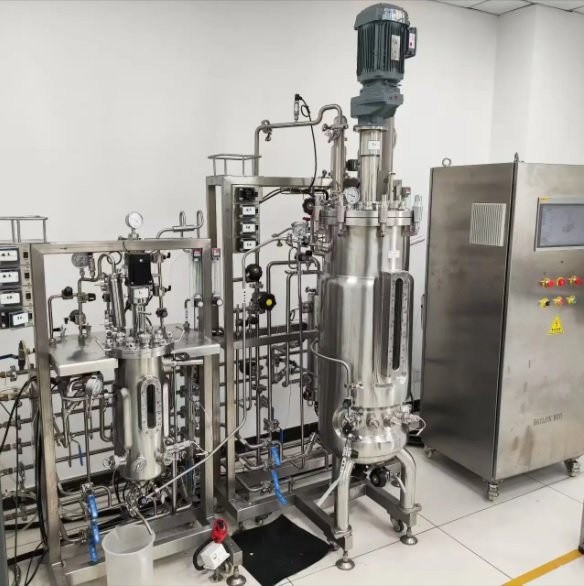
Our modern facilities offer contemporary features like cogeneration systems, waste management choices, and rigorous quality control procedures to guarantee the efficient and environmentally responsible production of biofuels. Because we are certain that biofuels have the potential to catalyze a more sustainable future, our team of determined specialists is dedicated to pushing the boundaries of possibility in pursuit of that goal.
Production facilities for biofuels are essential elements of the renewable energy sector, and they are essential for preventing climate change and lowering our reliance on fossil fuels. In order to transform organic resources into cleaner, more sustainable energy sources, these facilities integrate modern technologies and specialized processes. Agricultural crops such as corn, sugarcane, and soybeans as well as non-food sources like algae, woody biomass, and waste materials are the main feedstocks utilized in the manufacture of biofuels.
The gathering of biomass, preprocessing, fermentation, and distillation are typically some of the major processes in the production process. The biomass is transformed into ethanol or biodiesel during fermentation, while more sophisticated processes like gasification might result in the production of synthetic biofuels or biogas. Numerous biofuel facilities also use co-generation systems to generate heat and electricity from leftover biomass, improving energy efficiency and cutting waste.
Biofuel production facilities are constantly innovating to optimize resource use, reduce environmental impact, and contribute significantly to the global effort to transition towards a greener and more sustainable energy future as sustainability becomes an increasingly urgent concern.